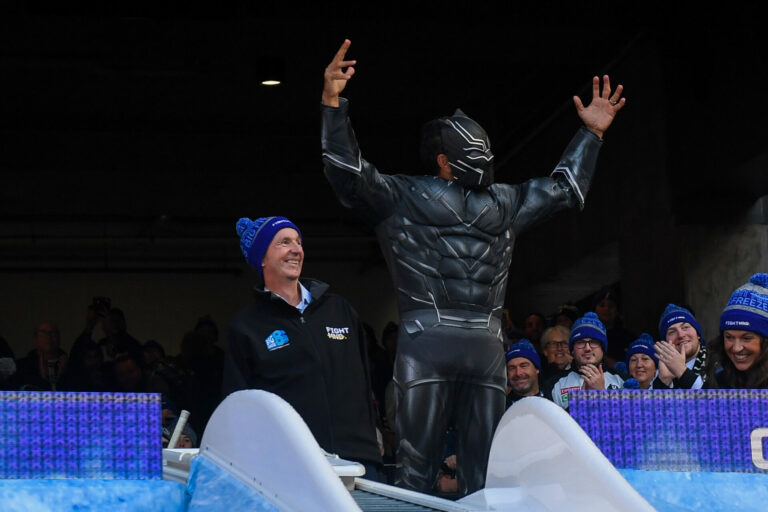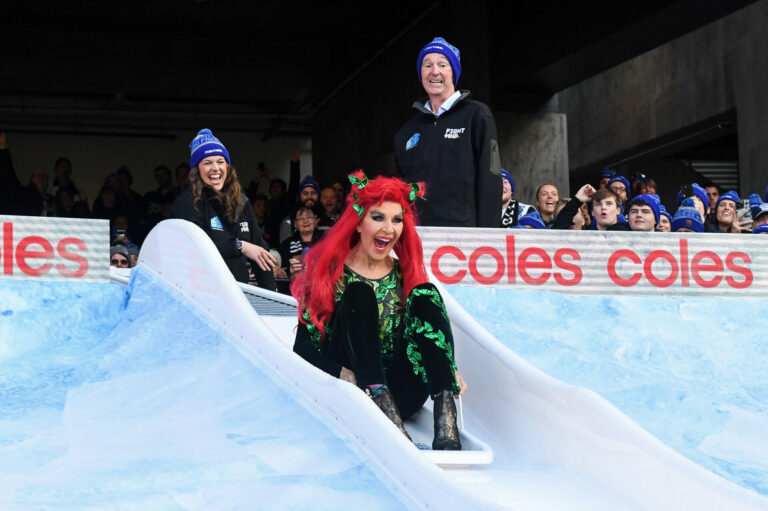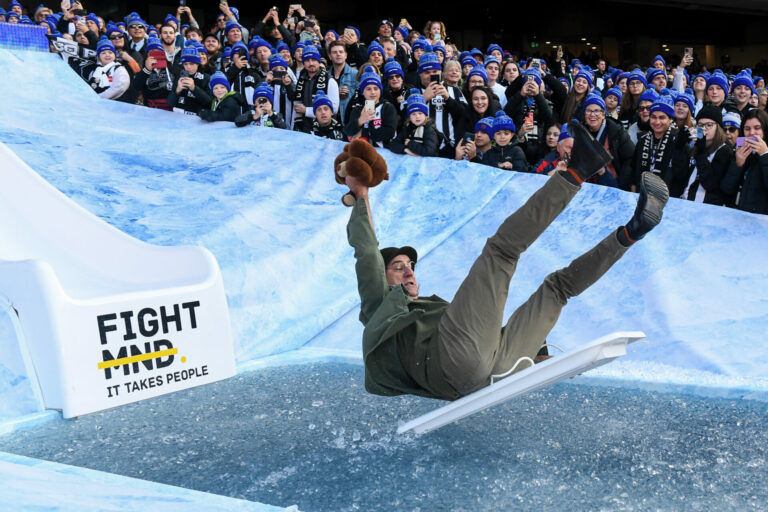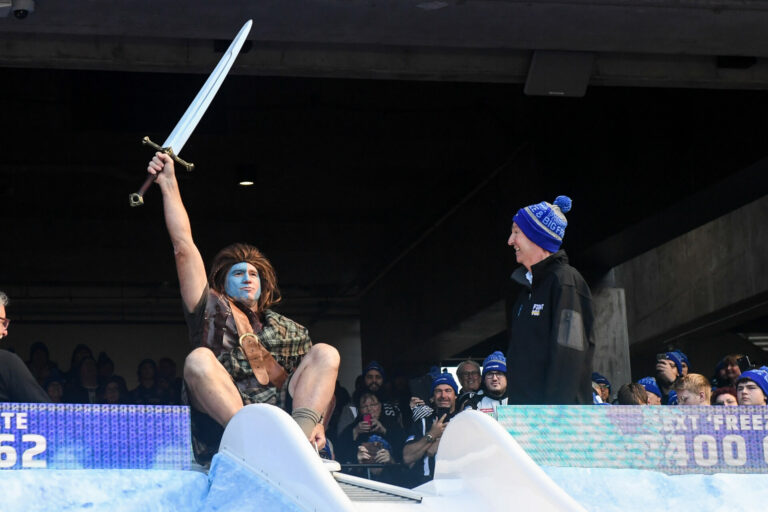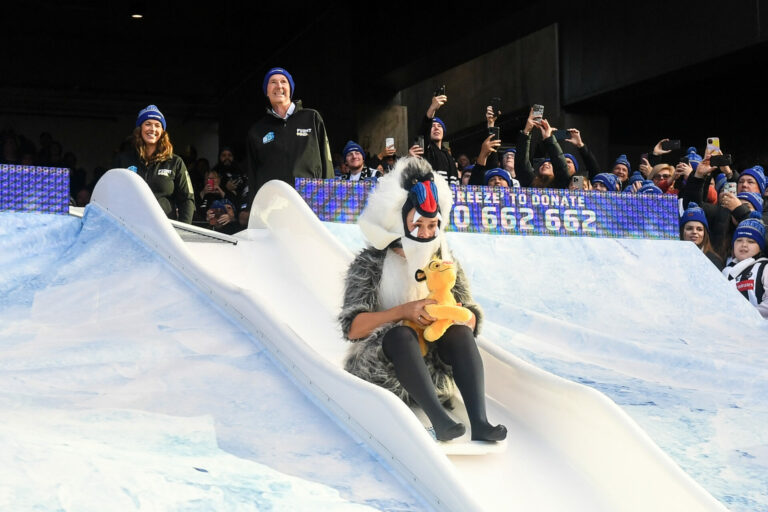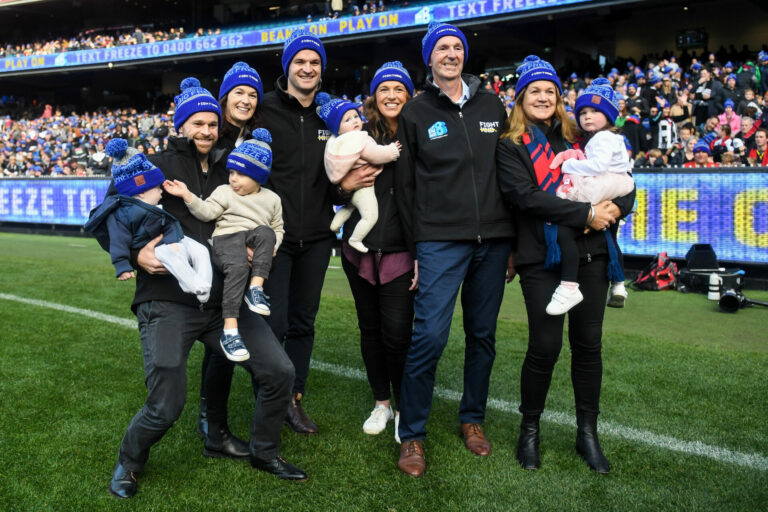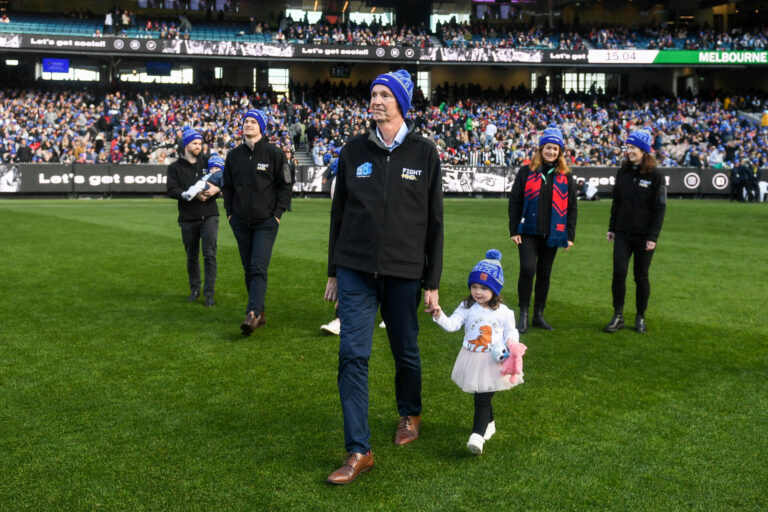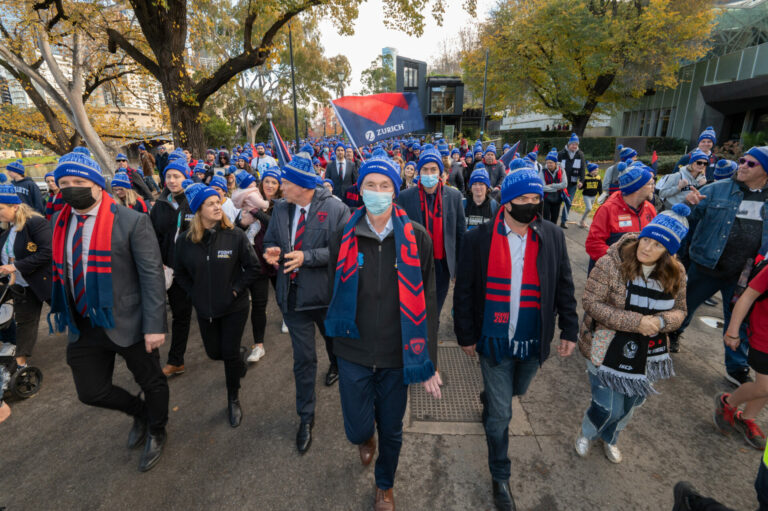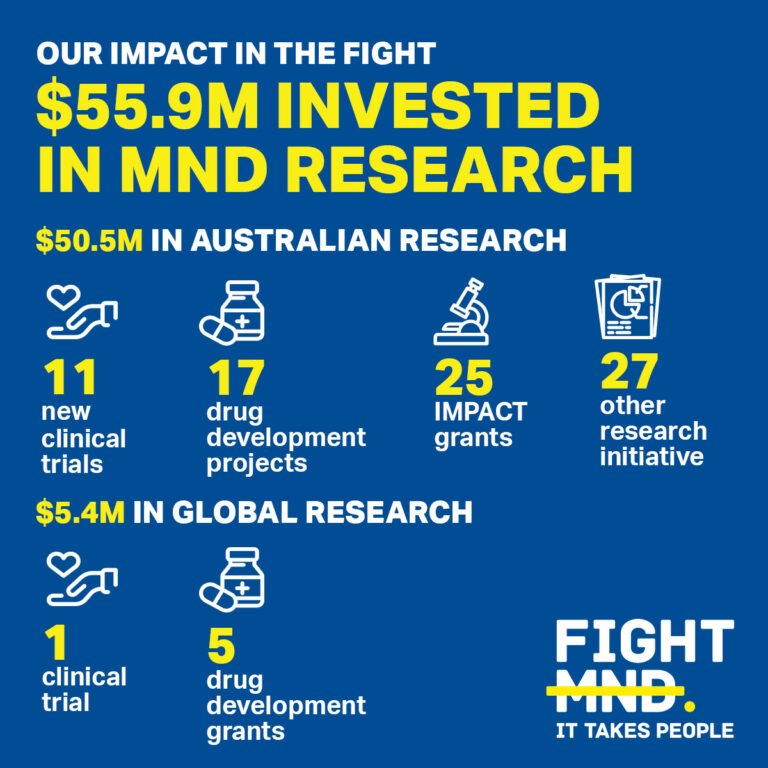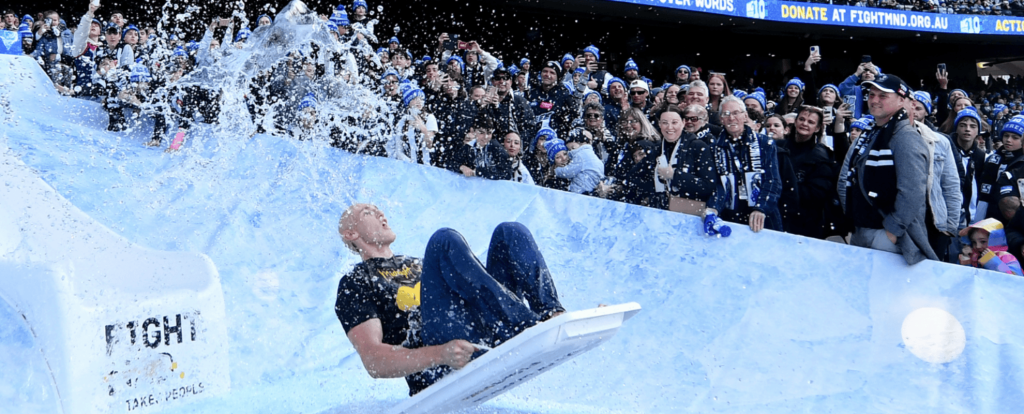One of the great challenges in discovering effective treatments for MND (also known as ALS) is that each person’s experience differs and the progression of the disease is unique for each individual.
While there is no known cure for MND, available treatments can have varied results in reducing the impact of the disease. Treatments for MND essentially focus on retaining function, slowing disease progression and improving quality of life.
The drug Riluzole, which blocks the release of glutamate, is the only available treatment for MND in Australia, and is reported to extend a person’s life by an average of about three months.
In most cases, we do not know what causes or triggers MND. Researchers believe the combination of a person’s genetics, environment and lifestyle that leads to the development of MND. This combination may affect people differently, meaning that any single treatment for MND is unlikely to be effective for everyone, and this is why ongoing research and funding remain critical.
Research remains our best weapon against the Beast, with mounting confidence in developing promising treatments for MND provided by two new and research discoveries.
An extended clinical trial for the drug Tofersen shows promise in slowing MND progression
Researchers investigating the effectiveness of the drug Tofersen in people with familial MND have found it can slow its progression if taken over a period of 12 months.
The trial investigated the effects of Tofersen in 108 people with MND known to have the faulty SOD1 gene, which is thought to account for around 2 percent of all cases of the disease.
Tofersen is a type of potential treatment known as an antisense oligonucleotide (ASO) therapy that targets a specific genetic mutation that causes MND. Tofersen has been designed to work by stopping the production of abnormal SOD1 protein that is toxic to motor neurons. Recently published in the New England Journal of Medicine, researchers reported that Tofersen reduced the amount of SOD1 protein as well as a protein called neurofilament which is biomarker of MND progression. They also reported a notable reduction in the rate of decline in mobility and lung function in a person living with MND, after taking the drug for a year.
These results give mounting confidence that Tofersen is having both a biological and a beneficial effect in people living with SOD1 MND.
The drug has not yet been approved for use as a treatment for MND anywhere in the world. It is under review by the FDA in the USA and there is an early access program in the UK. In Australia, all medicines must be approved for sale by the Therapeutic Goods Administration (TGA).
For more information, check out this summary from the MND Association UK.
FDA approves new treatment for ALS/MND
Overnight, the US Food and Drug Administration announced it has approved the therapy RELYVRIO™ (sodium phenylbutyrate and taurursodiol), developed by Amylyx, for the treatment of adults with amyotrophic lateral sclerosis (ALS).
RELYVRIO™, previously known as AMX0035, is an oral, fixed-dose combination therapy that slowed the loss of physical function in people living with ALS in a randomized, placebo-controlled clinical trial.
The approval of RELYVRIO is based on data from CENTAUR, a multicenter Phase 2 clinical trial in 137 participants with ALS. Detailed data from CENTAUR were published in the New England Journal of Medicine, Muscle & Nerve, and the Journal of Neurology, Neurosurgery, and Psychiatry.
“Any time we have a new tool to slow the progression of this disease represents an important milestone in how we battle ALS. The published data on both function and survival in a randomized trial – and what this means for people living with ALS – are a step forward for the ALS community,” said Sabrina Paganoni, M.D., Ph.D., principal investigator of the CENTAUR trial, investigator at the Sean M. Healey & AMG Center for ALS at Massachusetts General Hospital, and Associate Professor of Physical Medicine and Rehabilitation at Harvard Medical School and Spaulding Rehabilitation Hospital.
At present, RELYVRIO is now approved as a treatment for MND in the US and Canada.
The FDA approval is significant for the MND community and adds to the growing momentum and progress we’re seeing in MND research around the world. This is the first new treatment since Edaravone was approved in 2017 (available in Japan, South Korea, the U.S, Canada, Switzerland, and China) and Riluzole (available in Australia) was approved in 1995.
For more information, see the Amylyx press release and FDA statement.
You can also read MND Australia’s statement here.
When it comes to MND treatment or access to clinical trials, FightMND recommends that you speak to your health care professional.
FightMND investment in research
We know that we will need many treatments to end MND and our job isn’t done until we rid the world of MND.
With every project we fund, we are learning more about the Beast and how best to fight it.
Since 2014, FightMND has invested more than $55.9 million into cutting-edge research in Australia and overseas, to find effective treatments or a cure – including 12 clinical trials and 22 drug development projects. We are also investing in targeted research that looks to uncover the causes and triggers of MND.
For more about FightMND’s investment and impact, please visit https://fightmnd.org.au/cure/
